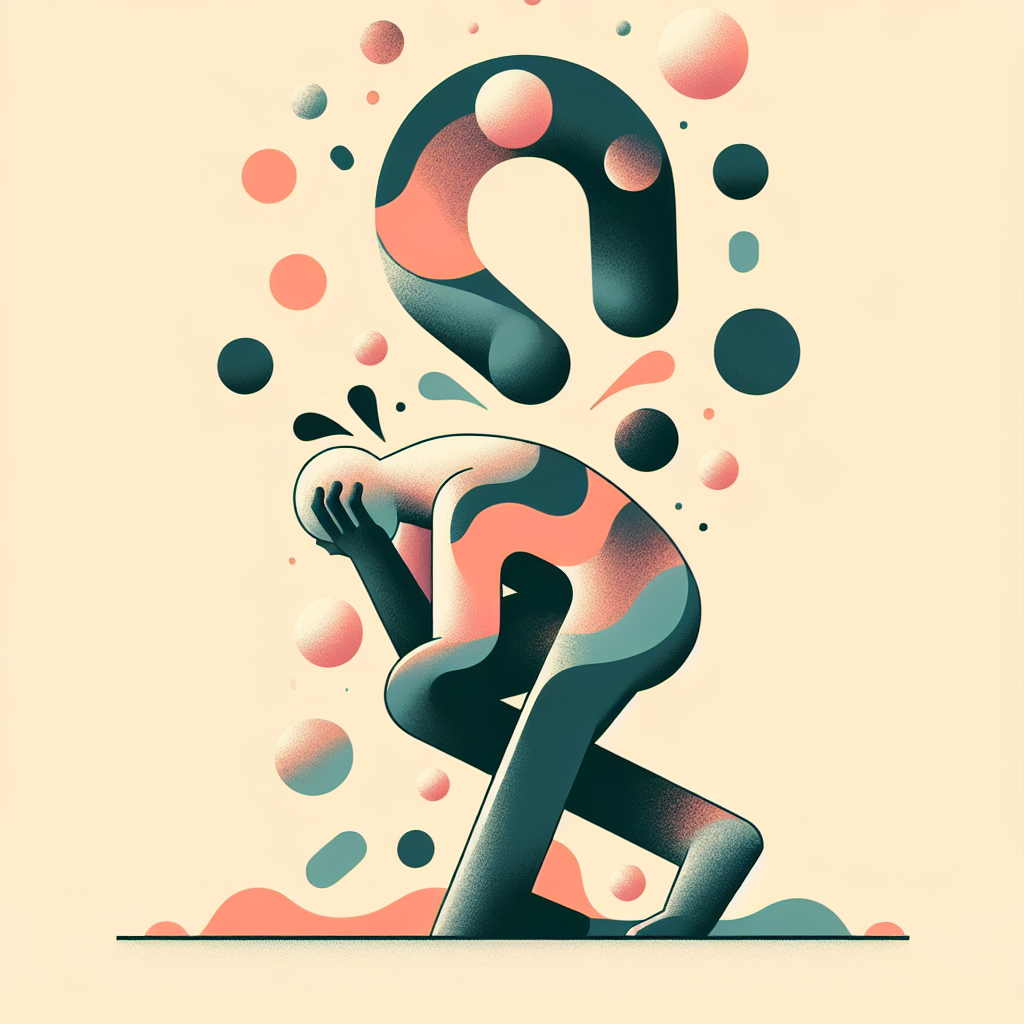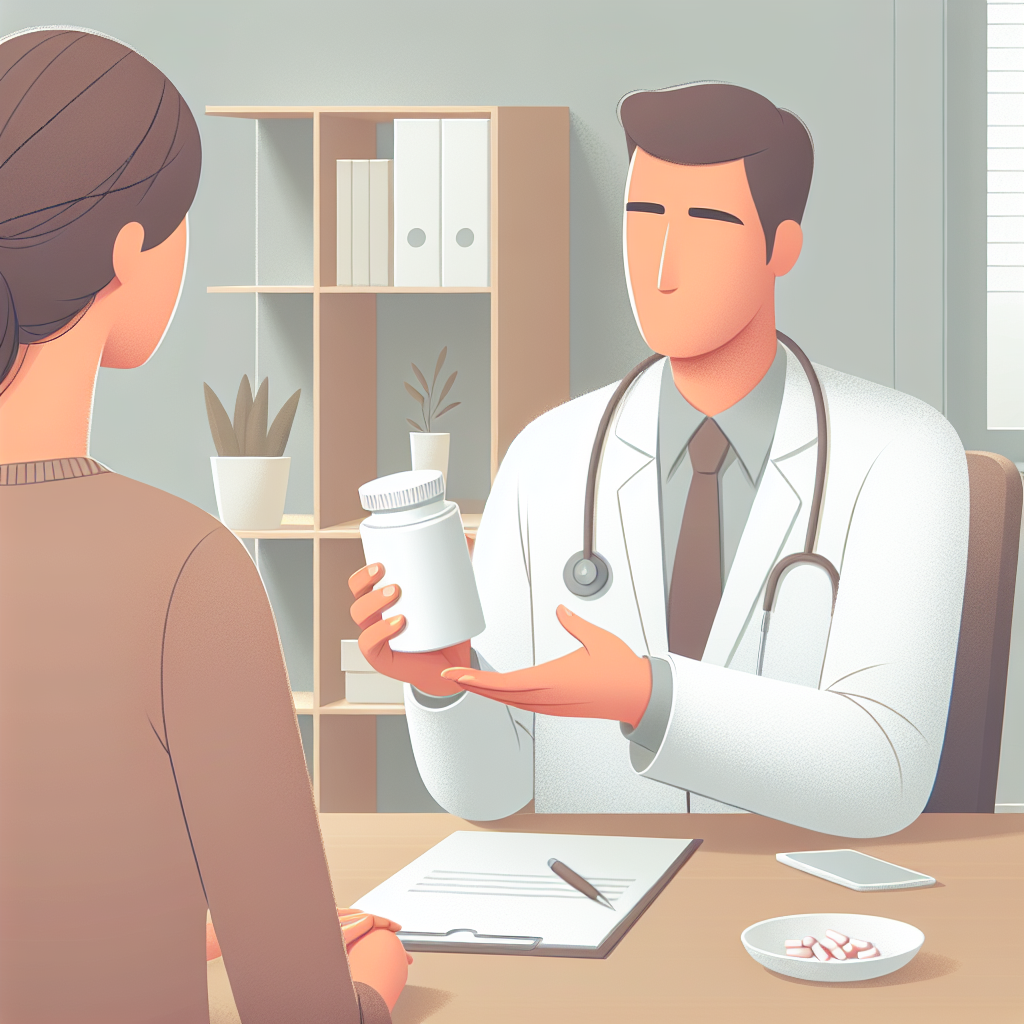Choosing the best medication for anxiety starts with understanding the type of anxiety, your medical history, and how different drugs work. Medication can reduce symptoms, improve daily functioning, and work alongside therapy and lifestyle changes. This overview explains common prescription options, how they act, and potential side effects so you can discuss options confidently with your clinician.
Top options for the best meds for anxiety
Clinicians commonly prescribe several classes of medicines for anxiety disorder medication: selective serotonin reuptake inhibitors (SSRIs), serotonin-norepinephrine reuptake inhibitors (SNRIs), benzodiazepines, buspirone, certain atypical antidepressants, and occasionally beta-blockers for specific symptoms. SSRIs and SNRIs are frequently first-line because they address both panic and generalized anxiety and can be helpful when depression is present.
How the main drug classes work
– SSRIs (e.g., sertraline, escitalopram) increase serotonin and are often called the best ssri for anxiety when tolerated.
– SNRIs (e.g., venlafaxine) affect serotonin and norepinephrine and are options when SSRIs are ineffective.
– Benzodiazepines (e.g., lorazepam) reduce anxiety quickly but can cause dependence, so they’re usually short-term.
– Buspirone is an anxiolytic without sedative effects and is an alternative when benzodiazepines are inappropriate.
– Beta-blockers (e.g., propranolol) reduce physical symptoms like trembling and are useful for performance anxiety.
Comparing benefits and side effects
Deciding which medication is most appropriate depends on symptom pattern, other health conditions, and tolerability. Antidepressants often take several weeks to show full benefit, while benzodiazepines work rapidly. Side effects vary: SSRIs may cause nausea, sexual side effects, or agitation; SNRIs can raise blood pressure in some people; benzodiazepines risk sedation and dependency. Patients and clinicians often weigh the antidepressant with least side effects against symptom control when selecting a medicine.
Common clinical questions and search queries include these exact phrases people use when researching options: antidepressant with least side effects, antidepressants list, anxiety disorder medication, best antidepressant for anxiety, best antidepressant for anxiety and depression, best anxiety depression medication, best anxiety meds, best drug for anxiety and depression, best medication for anxiety, best meds for anxiety and depression, best ssri for anxiety, good antidepressant for anxiety and depression, how to decide what to prescribe for anxiety, medication for anxiety and depression, most recommended antidepressant, prescription for anxiety and depression, what anxiety medication does, what do anxiety tablets do, what drugs help with anxiety, what is a good antidepressant, what is a good drug for anxiety, what is a good medication for anxiety, what medications are used for anxiety, what medicine helps with anxiety, what medicines are used for anxiety, what meds are good for anxiety, what pills are good for anxiety, what to prescribe for anxiety.
Practical considerations
Start low and go slow: initiating treatment at a low dose and increasing gradually helps reduce side effects. Monitor for interactions with other drugs and consider medical conditions (e.g., pregnancy, heart disease). For patients who need immediate relief while waiting for an SSRI/SNRI to take effect, short-term benzodiazepines or other adjuncts can be considered with a clear exit plan. Combining medication with cognitive behavioral therapy is often more effective than either alone.
When to talk to your clinician
Contact your clinician if you experience worsening anxiety, suicidal thoughts, severe side effects, or signs of medication interaction. Long-term follow-up helps tailor treatment, switch medications if necessary, and adjust dosing. Discuss alternatives and non-prescription approaches carefully; for example, if you’re curious about over-the-counter options that claim to mimic sedative effects, read balanced guidance such as the article on over-the-counter Xanax alternative: what you need to know before trying them.
Reliable external resource
For evidence-based background on anxiety disorders and treatment approaches, see the MedlinePlus overview of anxiety for patients and providers: MedlinePlus: Anxiety.
- SSRIs/SNRIs: first-line for many anxiety disorders.
- Benzodiazepines: short-term relief, risk of dependence.
- Buspirone and beta-blockers: targeted symptom control.
- Therapy plus medication often gives the best outcomes.
FAQ
Q: How long until anxiety medication works?
A: Benzodiazepines can work within hours; antidepressants like SSRIs and SNRIs usually take 4–8 weeks for full benefit. Regular follow-up helps assess response.
Q: Are antidepressants safe for long-term use?
A: Many antidepressants are safe long-term under medical supervision. Risks and benefits should be reviewed periodically, especially for side effects and interactions.






